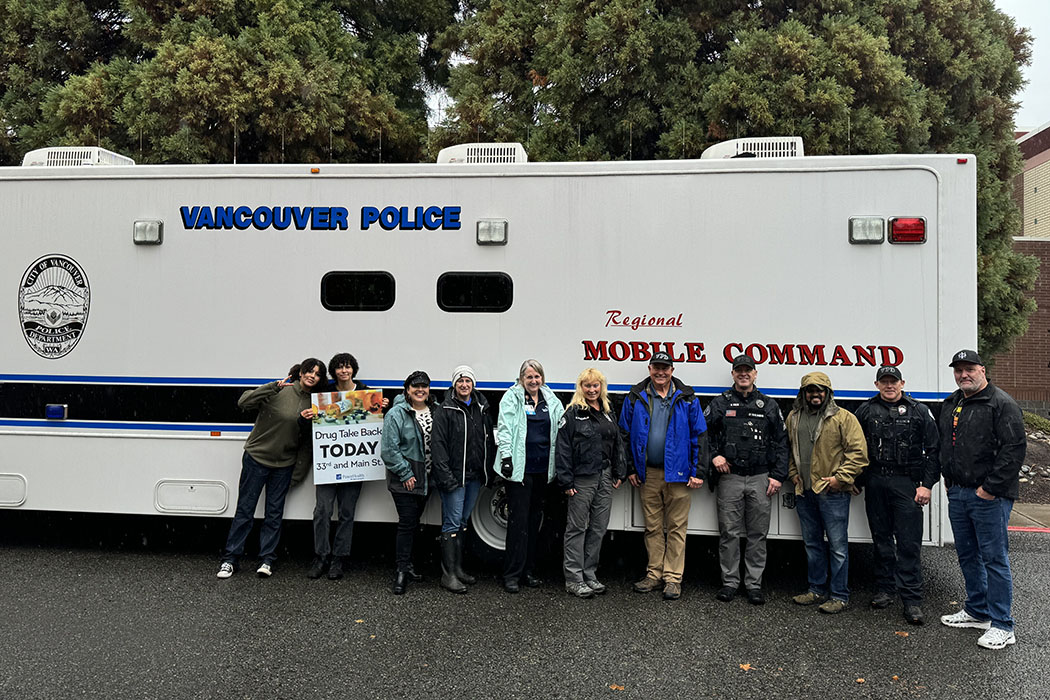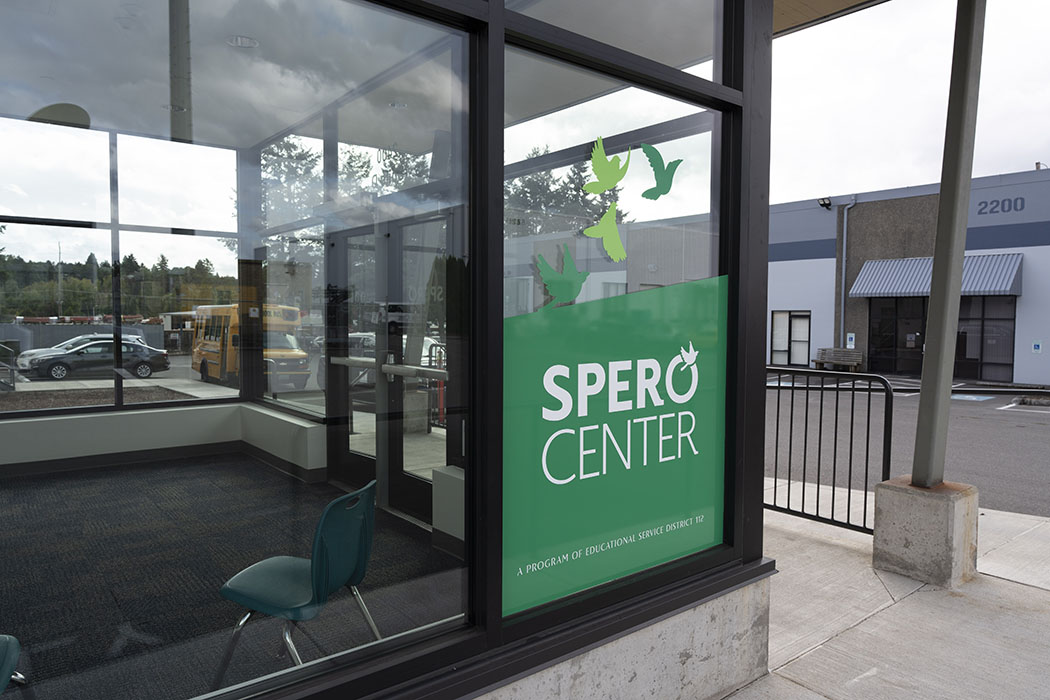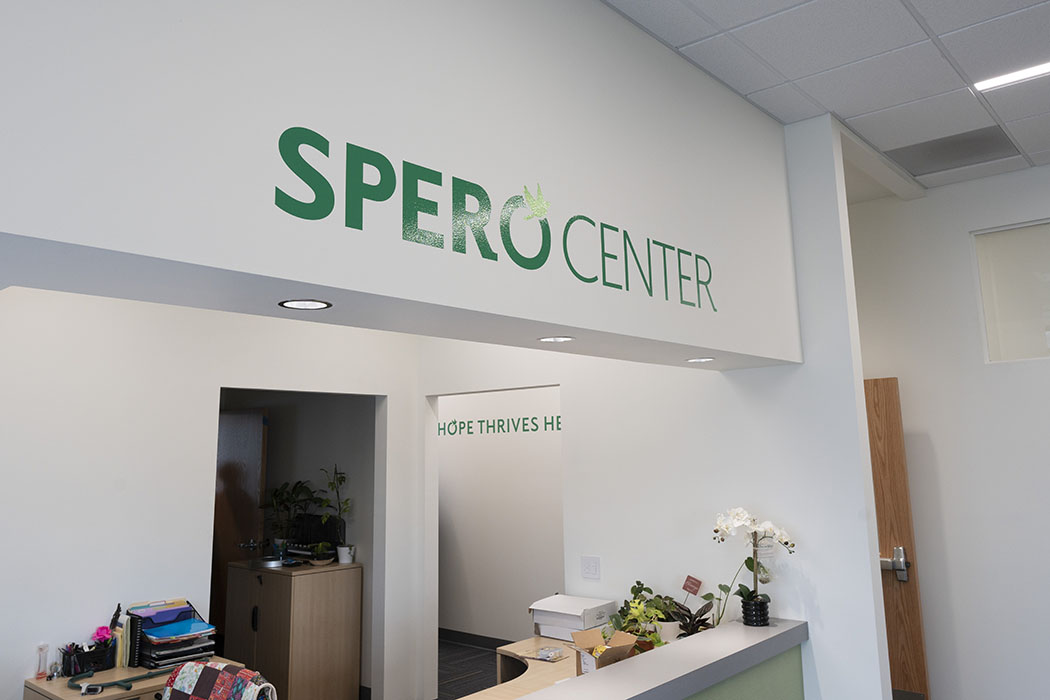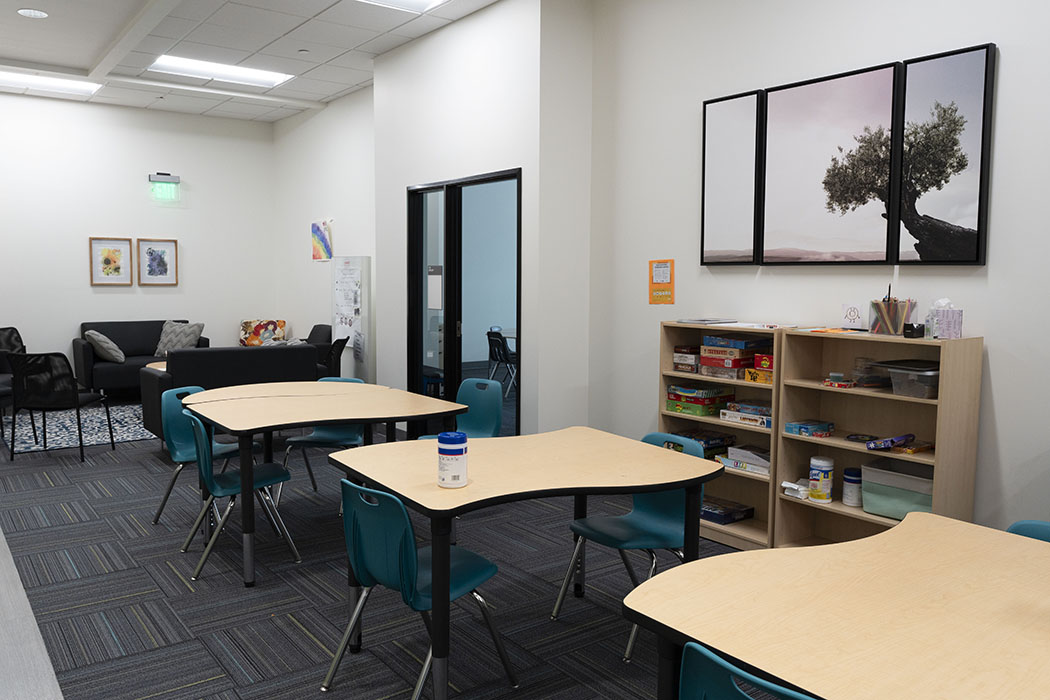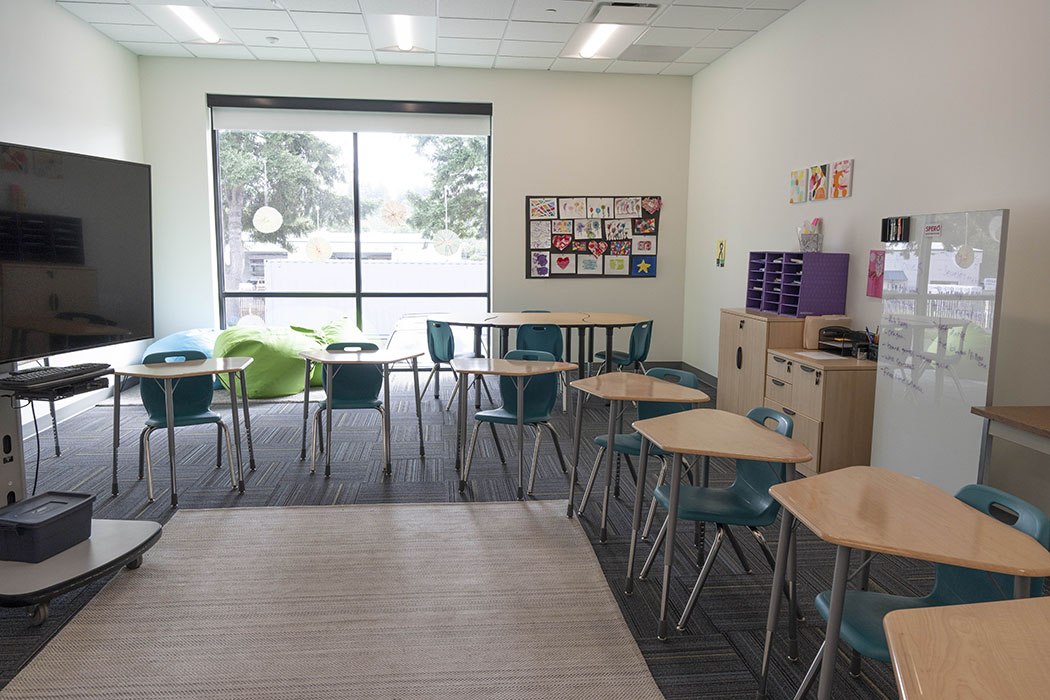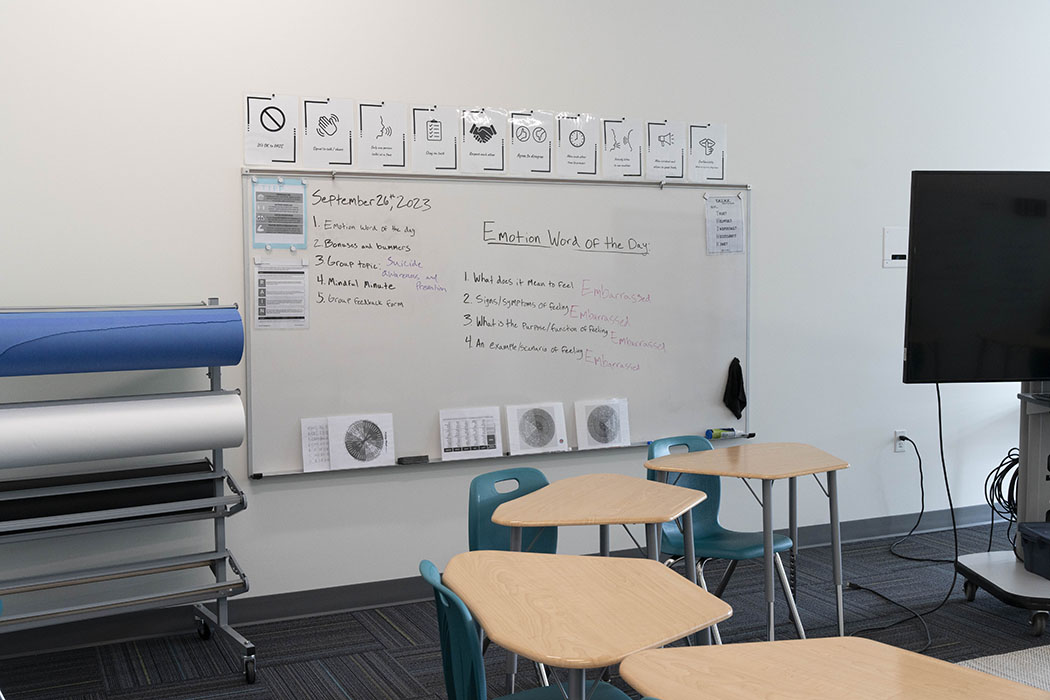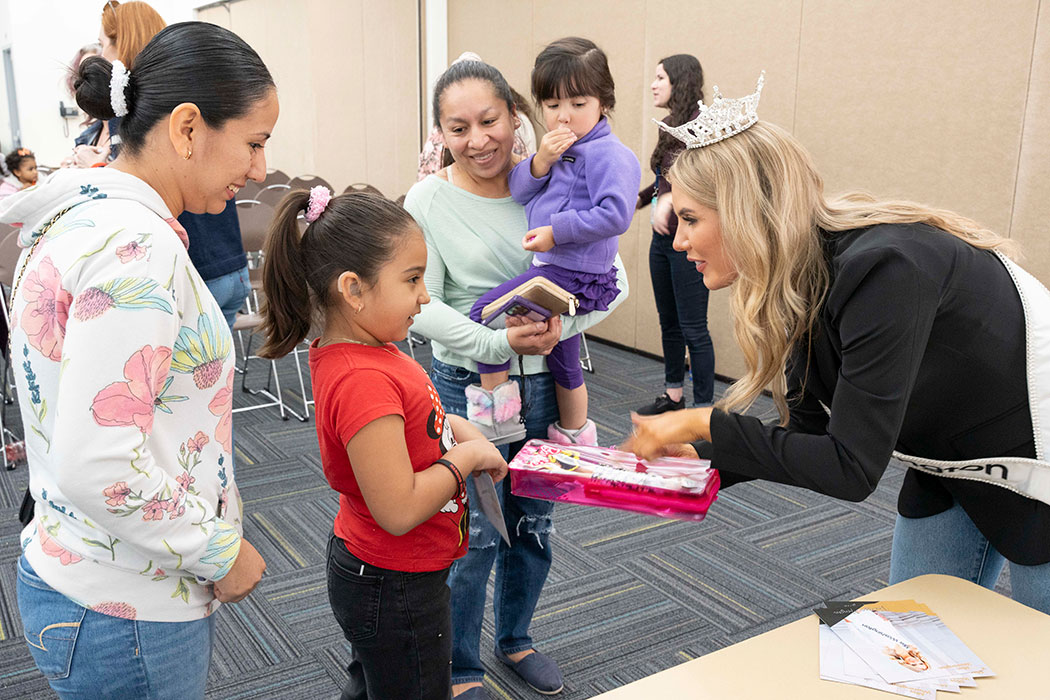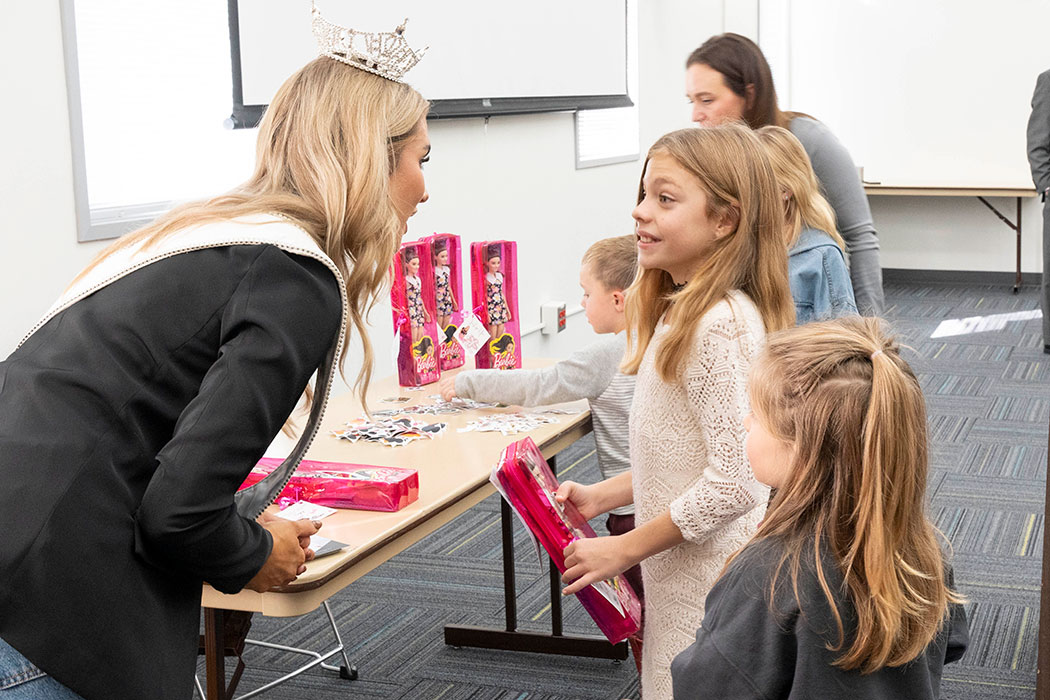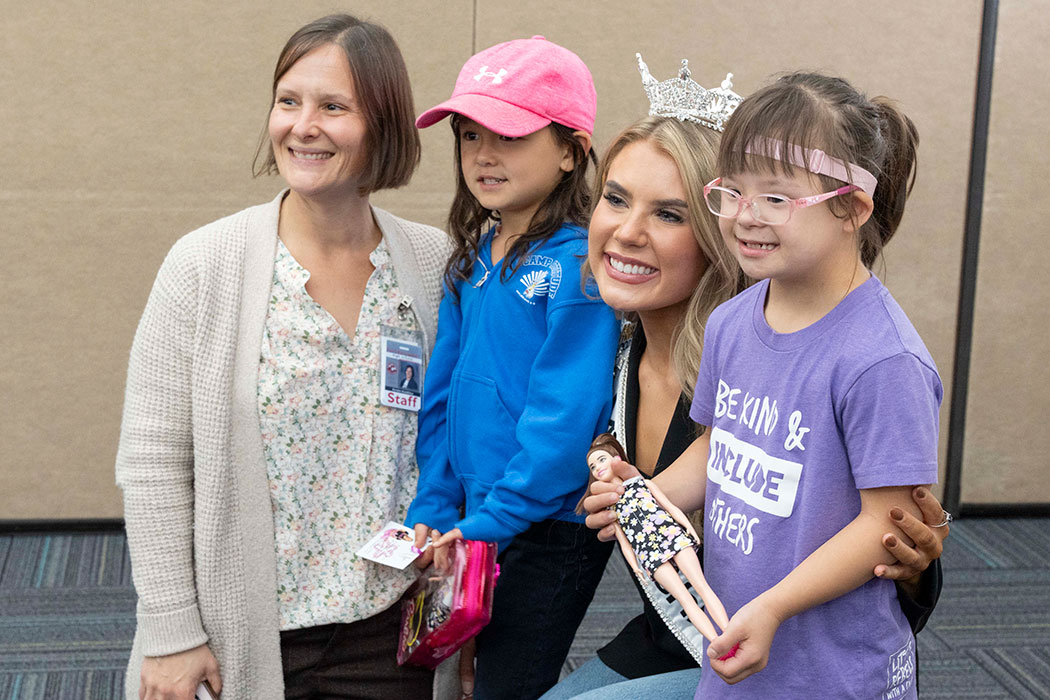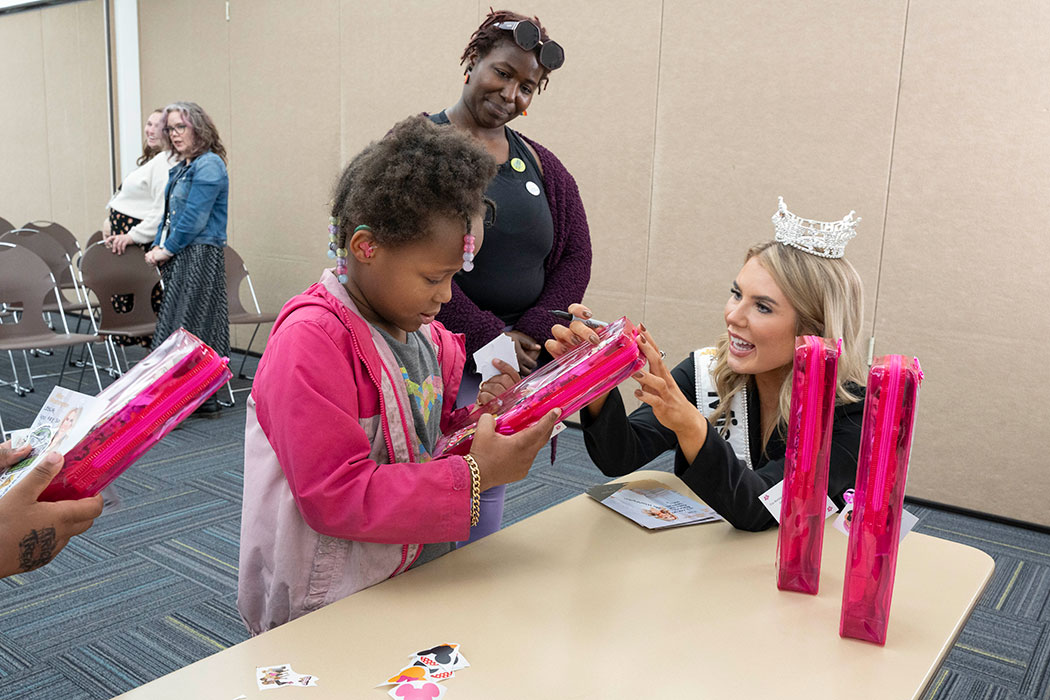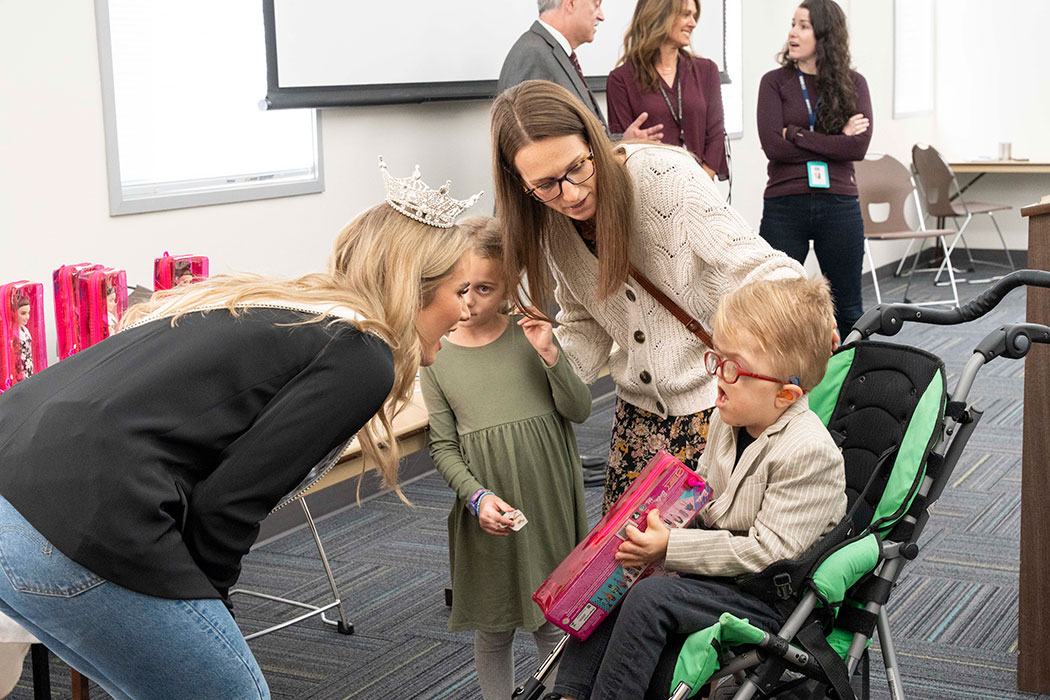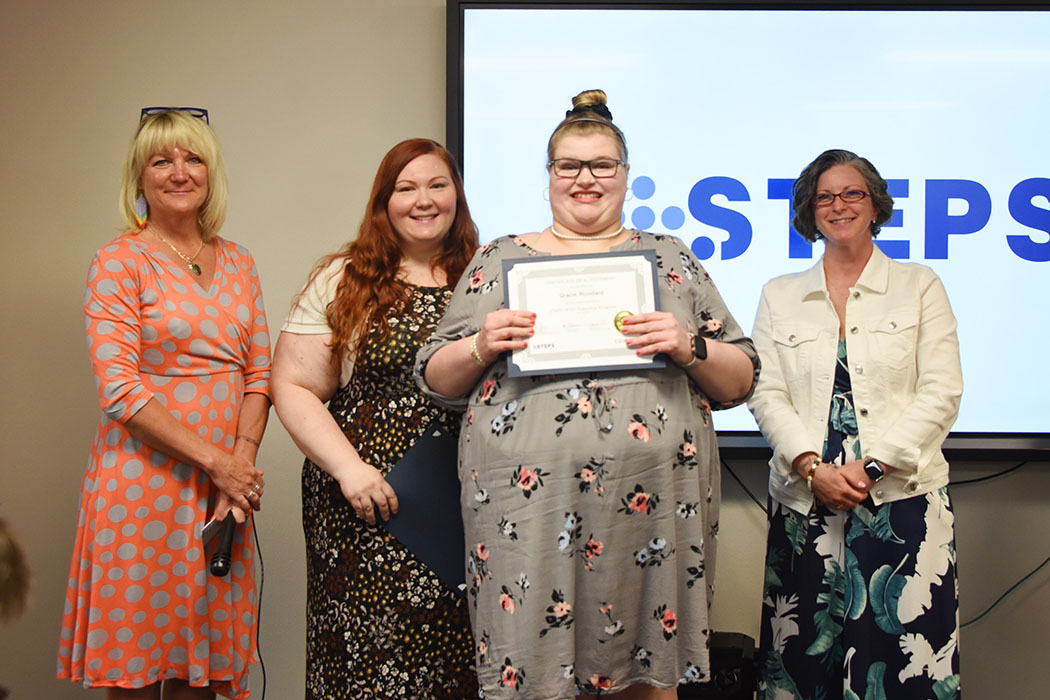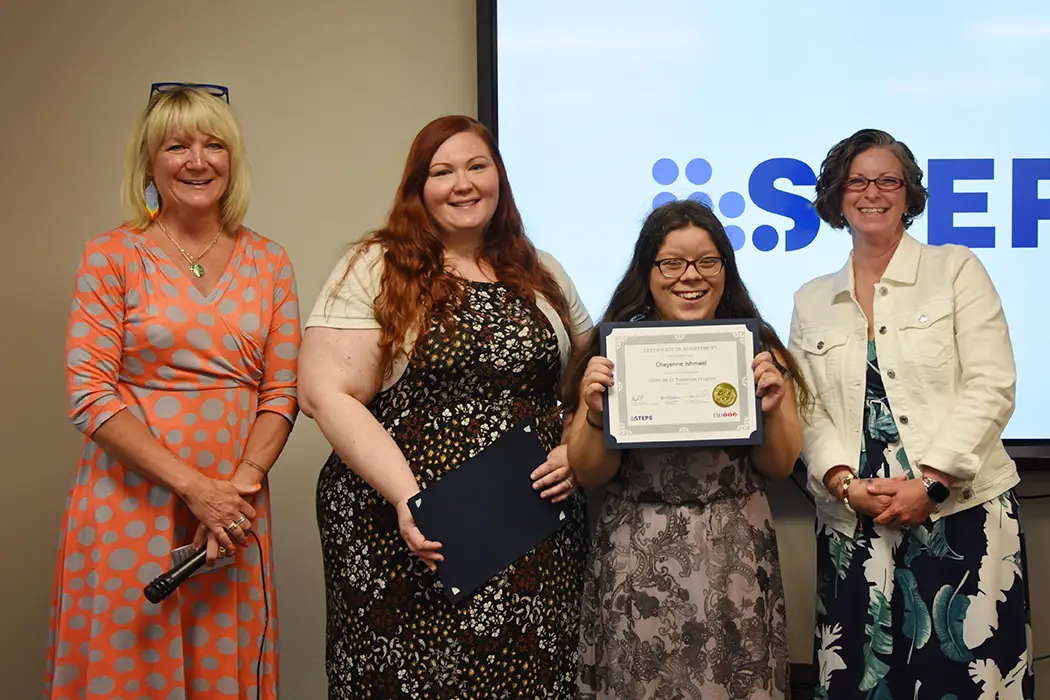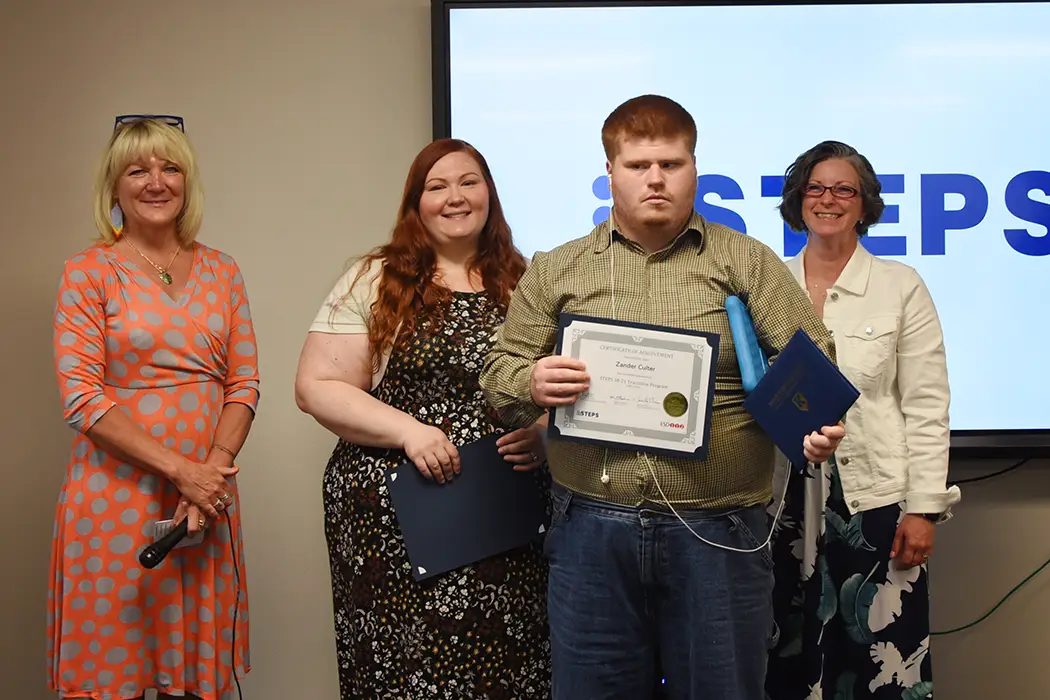FREE developmental screenings for infants & toddlers.
About ESIT
About Early Support for Infants and Toddlers (ESIT)
Early Support for Infants and Toddlers (ESIT) is the Washington State Department of Early Learning program designed to be the first point of contact for any parents concerned about the development of their children Birth-3 years old. ESIT offers free developmental screenings for infants and toddlers along with an informational meeting for parents with a Family Resources Coordinator. Once a child is screened, a Family Resources Coordinator helps each family access the Early Intervention services through a referral system and provides each family with additional community resources for support.
ESD 112 is the local lead agency for Clark, Klickitat, Pacific and Skamania Counties.
What We Do
ESD 112 Early Intervention Program has been serving children and families for over 25 years. Our Early Intervention Specialists work with families to evaluate and create a plan to support their child’s development.
- Partnerships between the family and intervention staff are valued
- Intervention teams may include: Speech, Occupational and Physical Therapists, Physical Therapist Assistants, Certified Occupational Therapy Assistants, Early Intervention Educators, and Early Intervention Specialists.
- Services occur where the child lives, learns and plays and involves the parents as primary caregivers to embrace the entire family
- Familiar environments provide more opportunities for practice and generalization of skills.
- Family involvement is a core value of our program as we believe you are a vital part of your child’s educational team.
- Program is individualized for each child and family
- Provides year round services for each child and family
ESIT Services
Early Support for Infants and Toddlers Services
Clark, Klickitat, Pacific and Skamania Counties offer free screenings for all children 0-3 years old.
Developmental Screenings
ESD 112 is the ESIT local lead agency for Clark, Klickitat, Pacific and Skamania Counties offering free developmental screenings for infants and toddlers, Birth-3 years. Call 360.750.7507 to talk with the Intake Coordinator about concerns for your child or a child in your care.
For children ages 3-5 years, please see Child Screenings for more information regarding screenings in your district.
What happens at a Developmental Screening?
- Family meets with Family Resources Coordinator (FRC) to discuss concerns
- Child is screened by FRC
- FRC and family discuss options
- EI Provider contacts family to schedule evaluation if referred by FRC
- EI evaluation completed by Specialists
- FRC contacts family to make an appointment for an IFSP meeting
Family Resources Coordinator
Family Resources Coordinator (FRC) is a person who assists a family in gaining access to the early intervention services for their eligible child and other resources as identfied in the Individual Family Service Plan (IFSP). The FRC can assist the child’s family with developmental concerns, delays or disabilities, receive the rights, procedural safeguards, and services that are authorized to be provided under Washington’s Early Support for Infants and Toddlers program (ESIT).
Family Resources Coordinators are located in each county or geographic area of Washington State. The FRC’s role is to help families receive early intervention services for their child as needed. To locate the Local Lead FRC in your area, call the Family Health Hotline number 1-800-322-2588 or visit the ESIT website. A family may also call their local health department , health care provider or local school district with their concerns. Information on screening and other resources may be suggested.
FAQ
Frequently Asked Questions About Early Support for Infants and Toddlers
Q: I’m worried about my child’s development, what do I do first?
A: First, call your Local Lead Agency (LLA) for Early Support for Infants and Toddlers (ESIT) to discuss your concerns. For children 0-3, call the Intake Coordinator or Lead FRC in your county to discuss any questions or concerns about your child then schedule a developmental screening. For children over 3 years, see our Child Development Screening page or call your school district to speak with their Specialized Services.
Q: What happens at a “screening”?
A: At a child developmental screening, a family meets with the Family Resources Coordinator (FRC) to learn about stages of child development and local Early Intervention services. The FRC works with the family to complete a questionnaire called “Ages and Stages” to determine if there is a potential delay in the child’s development. For more information or if you want to complete this questionnaire online, please visit the Parent Help 123 website | A Program of WithinReach.
Q: How does my child qualify for services?
A: Many pediatricians refer families to ESIT because a medical diagnosis may qualify a child for Early Intervention services. Otherwise, if the Ages and Stages Questionnaire shows lags in the child’s development, they will be referred to an Early Intervention Service Provider for an evaluation. Please visit the Department of Children, Youth and Families website for more details on eligibility for Early Intervention.
Q: What is the difference between a “screening” and an “evaluation”?
A: In a developmental “screening”, a Family Resources Coordinator observes your child and completes a questionnaire with parents called “Ages and Stages”. Answers are scored to help determine whether the child’s development is on schedule or whether the child should be referred for further evaluation.
The next step is to refer the child to an Early Intervention (EI) Service Provider to schedule an “evaluation”. The evaluation is initial meeting with an Early Intervention Specialist and/or another licensed professional depending on the child’s developmental needs. At this meeting, the team talks with the family to determine a child’s developmental levels through assessment, develop outcomes and determine a service plan based on the evaluation.
Q: Where do I take my child for services?
A: Services are provided in the child’s natural environment including:
- The home
- Childcare
- The community, or
- Other environments natural to the child and family
Q: What you mean by “Child Development”, “Child or Family Outcomes”, “IFSP” or “IFSP?”
A: See a list of program definitions on this page.
Definitions
The following tags are used to categorize the resources in our searchable database. Brief definitions of each are provided.
*The difference between Assessment and Self-Assessment Framework is that Assessment refers to the testing and results of children in early intervention, whereas Self-Assessment Framework is specific to the ECO Framework for determining where a program stands on the 7-point scale and could use improvement
Resources
Resources for Parents and Providers
Parents
Being the child’s primary teacher and greatest advocate, parents can discuss their child’s development, schedule a screening, or talk with a certified Family Resources Coordinator about Early Intervention services by calling the ESIT Intake Coordinator at 360-750-7507 anytime between 8:00 a.m.- 5:00 p.m., Mon – Fri.
Once children turn 3 years old, their services are transitioned to the school district in which the family resides. For an understanding of this process, please read the parent workbook entitled Our Next Step to help you plan and prepare for the public school transition.
Download or Request Brochures and Information Posters
- Babies Can’t Wait brochure contains birth to three growth and development chart.
- Infant and Toddlers who are Deaf and Hard of Hearing DEL brochure
- Birth to 3 – Access to Early Intervention(Clark, Klickitat, Pacific, Skamania Counties)
- Learn the Signs. Act Early – CDC Free Materials
- ESIT Bookmarks – order by calling ESIT 360-750-7507
- Guiding Concepts – The Mission of ESIT
- Families are Important Participants
- Parent Tip
Child Care Providers
Being a Child Care Provider, you are an essential part of the support process for children. Starting a simple conversation with the parents can make a difference in a child’s life. If you are curious about a child’s interactions, please don’t wait to talk with parents about the typical stages of child development. Call ESIT for additional resources and support. Please take time to read a Letter to All Referral Sources from Washington State’s Department of Early Learning.
For more on the stages of child development from ages birth to 6 years, please download your copy today:
Stages of Child Development from Birth to Six
Please Ask | Babies Can’t Wait
Transition: Age 3
Transitioning From Early Intervention to District Services
Families with children eligible for continued special education and related services after their child’s third birthday will work with their Family Resources Coordinator and IFSP Team on a “transition” to the School District or other community programs.
“Transition is the process of moving from Early Intervention services to the services, people, places and activities” appropriate for your child’s development at age three. Transition services are determined based on the individual needs of your child and family.
Some children have progressed in their development and will not need a formal transition conference because they will not need special education and related services (IDEA Part B) from the school district. If so, your Family Resources Coordinator (FRC) and Individualized Family Service Plan (IFSP) team can help you identify other community and early learning options available to your family.”
Workbook | Created by Parents, for Parents
To understand the process, download a Parent Workbook created by ESIT in collaboration with PAVE : Our Next Step – A Family Training
Other publications and webinars can be found on the PAVE website.
Support for Transitions
PAVE – Partnerships for Action Voices for Empowerment
Battle Ground School District
Special Services | 360-885-5318
Camas School District
Special Services | 360-833-5570
Evergreen School District
Special Services | 360-604-6700
Green Mountain School District
ESD 112 S | 360-952-3422
Ridgefield School District
Special Services | 360-619-7449
Kalama School District
ESD 112 | 360-952-3422
LaCenter School istrict
Special Education | 360-263-2164
Vancouver School District
Special Services | 360-313-4853
Washougal School District
Special Services | 360-954-3021
Contacts
ESIT Contacts
Michelle Black
Intake Coordinator
Fax: 360-906-1010
Clark County
Kim Puckett
Program Coordinator
Klickitat, Skamania County
Loretta Benenati
Lead FRC
Pacific County – South
Bethany Schwiesow
Lead FRC
Pacific County – North
Contact
Phone: 360-875-5327 ext. 3408
Michelle Mclaughlin
Executive Director Assistant for Woodland Special Services
Contact
Phone: 360-841-2722
For all other counties, click here to find the Primary Referral Contact and Local Lead Agency in your county.





